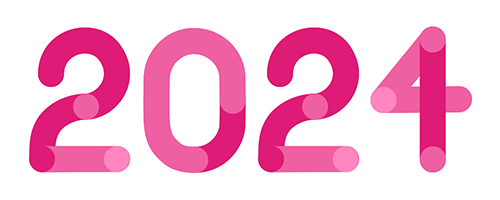





Discover the
consumer
trends
taking over

Need to know what’s next? We’ve got the full story. Connecting the dots is your data-backed secret to staying a step ahead of consumers in 2024.
You need to know what’s coming in 2024, we’ve got the full story. Connecting the dots digs deep into the data so you’re one step ahead.

Get full access








